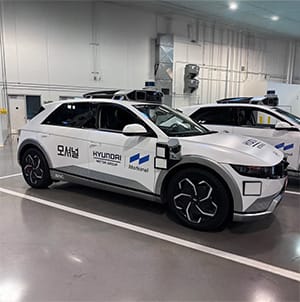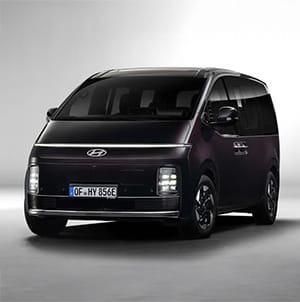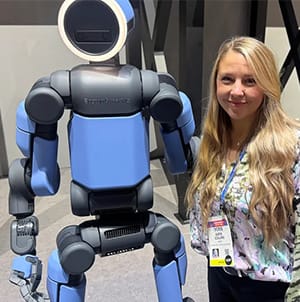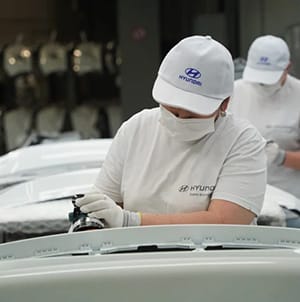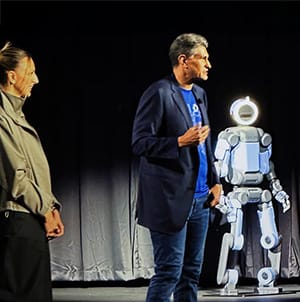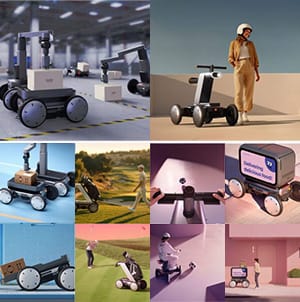Hyundai Worldwide Global Navigation
- Go to Global Distributors page
- KR
-
Search
Hyundai Motor Group’s autonomous driving joint venture, Motional, will commercialize its fully driverless Level 4 robotaxi service in Las Vegas by the end of 2026, underpinned by a ‘Safety First’ approach and a transition to end-to-end (E2E) AI motion planning.
Hyundai Motor Group (the Group) concluded Consumer Electronics Show (CES) 2026 with major announcements and industry recognition that underscore its leadership in human-centered, artificial intelligence-driven robotics and Physical AI.
